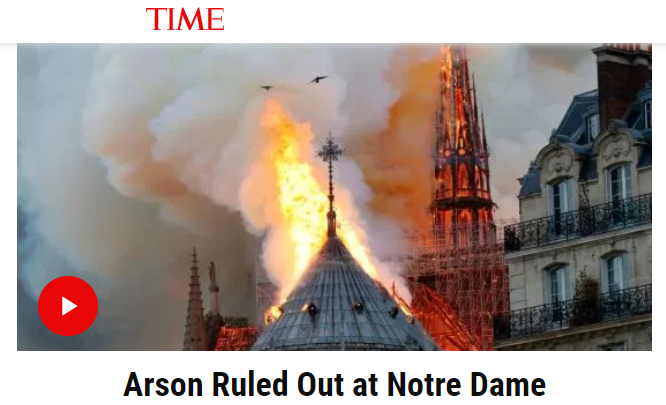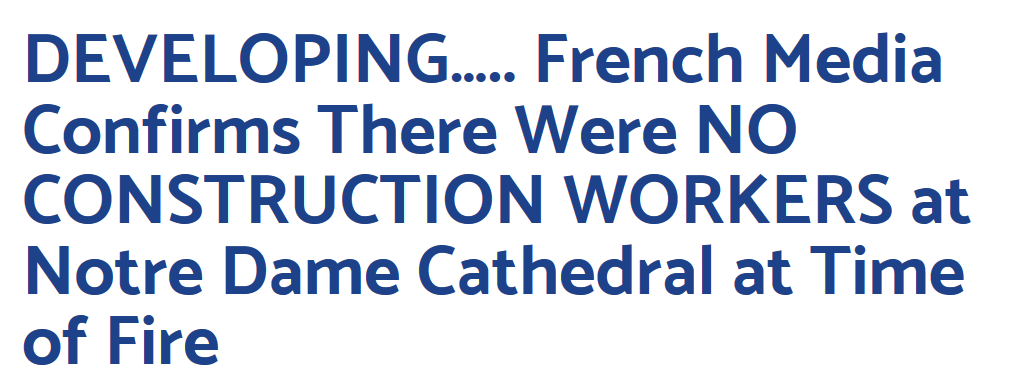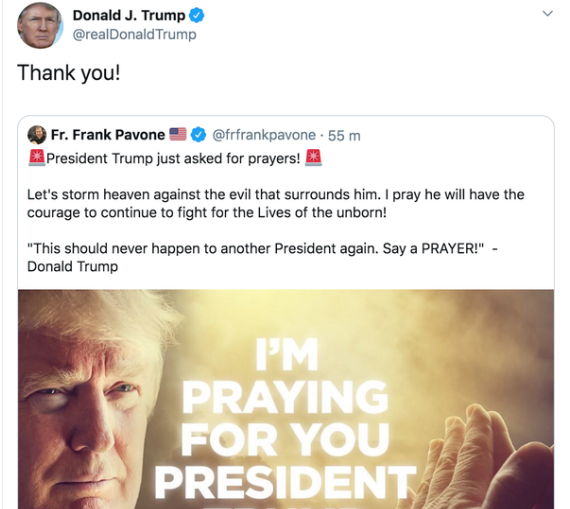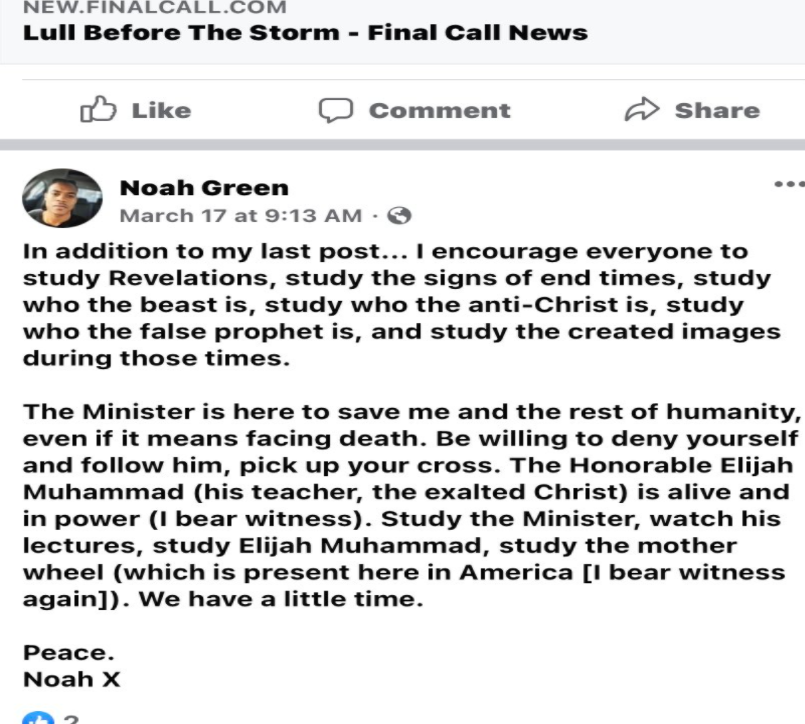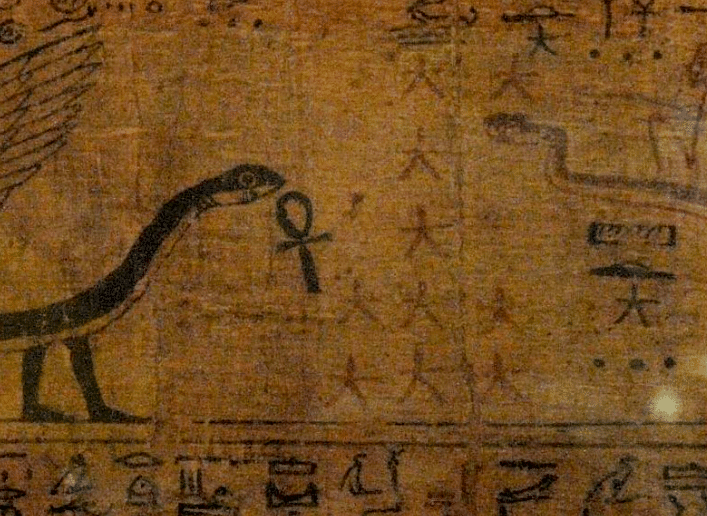but the same pattern and theme as in ‘the Fall of Jericho’ ánd the rescue of the 144,000 : all happening in Jubilee years including the 12-days Atonement [and the probable ‘+ three days’] [2025-10oct.30- ] |
| content : … after finally having established the ’12 days’ we need to verify ‘how many days followed that’ yet also here we have a problem : in our case “plus three days” would be elegant because of the feasts ending on the next Moon which is the start of the Eden-month , and also because of ‘the three days’ for the 144 that should link back to the three days of Christ ; |

|
yet how would that incorporate a ‘seven (days)’
that we have become so used to because of
the ‘week of Booths’ and ‘7-fold judgments’ .. ?
a solution may be ,
a ‘seven-fold happening within three days time’
as the Fall of Jericho event already suggested ,
but can we get that confirmed here ?
[tried very much to have it readable …]
theme
… though the three days seem to be supported by the ‘star and sceptre’ theme
it is very difficult to find conclusive confirmation – because it’s all so corrupted :
John 21 for example , the infamous alleged “153 fishes catch” has as original
theme “Christ appearing” (right in line 1) saying later “this was the third time (!)
that Jesus appeared to them after he rose from the dead” ,
yet though the context looks very much like ‘the angels sealing for three days’
the text is so warped that we just cannot be sure — which is rather frustrating ;
so that we need a different approach :
the ‘Fall of Jericho’ is as ‘Gideon and the 300’
the doctored Gideon story [Jdg.6-7]
… most believers will remember two things here : how Gideon asked “a sign”
that was given in the form of ‘a fleece once wet then dry’ and his 300 men that
surrounded the enemy camp holding torches and breaking jars : all not true ;
or better , all the aspects similar to those of Jericho’s Fall have been disarmed
God’s rescue in the Jubilee year
… frankly it’s amazing how well Esau succeeded to hide this important theme
by deforming mentioned aspects so that Jacob now only has his quasi-mystical
toddler story that oh so carefully has evaded ány important attribute of Him ;
in the Jericho Fall ,
we saw ‘the period of Atonement’ first , then the angel of IEUE (Christ) appears
and in the next chapter starts the siege from the day of Trumpets ,
so that the same buildup *has* to show also in this narrative of a great rescue :
in Judges 6 ,
the people old-Ishral in the land were terrorized by raids of the enemy through it
and cried out to Him to deliver them from that scourge — wherefore He starts a
rescue mission by first calling the figure “Gideon” (-if that was his real name) ,
but you can guess what was the first problem :
having wandered astray the people had forgotten His scroll and therefore
they sighed under the attacks and plunderings by the hostile nations !
so that , like in every prelude to a great rescue in a Jubilee year , <<<
He starts with (re-) introducing Gideon to the scroll [ch.6] , then he and a small
band of friends declare the scroll at Unleavened [ch.6] (-and at this point Esau
got the idea for his ‘300 men’ !) ;
Esau then inserted his own ‘fleece story’ as distraction ,
yet the narrative continues with “a much larger group that will be sanctified in
the days of Atonement” [ch.7] where God even says “I will hand-pick those”
(so there were NO “men drinking water from a pool licking it up like a dog” !)
as a number that even may have referred to ‘144,000’ (-line 3) ,
that will be sent — indeed ‘carrying trumpets for to blow’ — against the enemy ,
after which He will give the victory over the latter
the pattern is the same as with ‘the Jericho Fall’ – and now with us 144
… for this is crucial ,
and undoubtedly the reason why ‘Gideon’ was documented in the first place !
now please – though ‘statistics’ are hateful we need to see side by side what
aspects are part of each situation and note the ‘7-fold action’ at end :
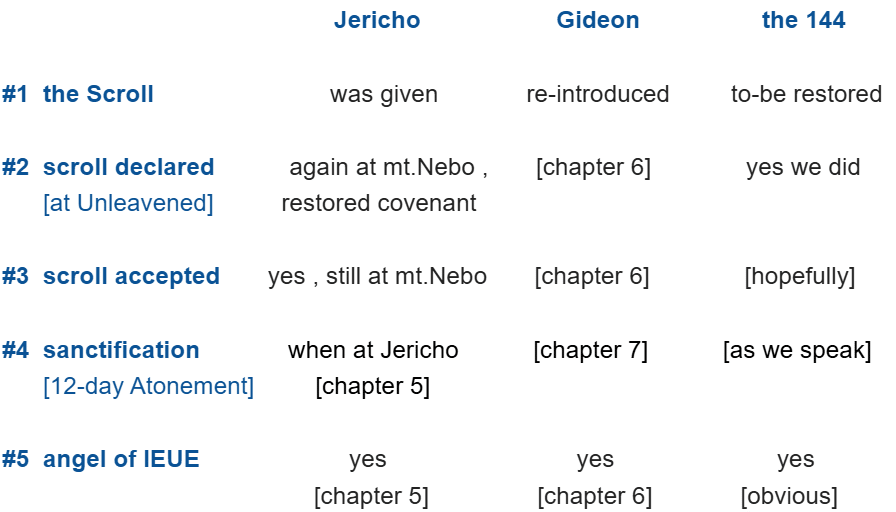
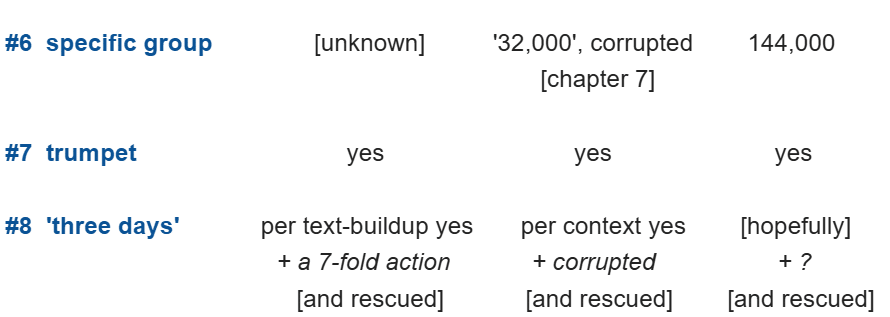
Gideon
no ‘300 (-men)‘ nor ‘(divided in-) three companies’
… again please , the story is insanely corrupt ,
but starting with the for us important ‘three days’ theme the “300 men” starts in
the second half of chapter 7 : but we already know from where Esau got the idea
and he blew up his juxta with “the enemies were a multitude like of grasshoppers
being without number like the sand at the sea shore” (7:12) ;
yet who knows a similar type of siege against a hostile city – like against Jericho –
happened here instead of against ‘the·camp’ as annoying returning tampering ;
while even if they wére with ‘many’ that was not a point since it was God’s victory ;
but ,
Esau’s “300” feels inspired by the (probable) ‘3 days’ as if to remove the sting in
advance also because at the critical ‘trumpet’ moment of the defeat of the enemy ,
Gideon suddenly splits up his men into ‘three companies’ which is not further
explained and therefore a quasi-tactical move serving no purpose
(but ‘to cover up something’ ofcourse) , where in the Jericho situation at least
appeared a ‘7’ — as “going around the city seven times” or whatever they did —
where the ‘three’ here can have been a ‘seven’ (shlsh=shbo) ;
yet leaving us with the problem , like with Jericho , of ‘seven what‘ ?
ofcourse neither ‘the breaking of pitchers & torches’ makes sense ,
first because per context we *need* a “trumpet sound from heaven” as end
that in Jericho blasted out the main gate of the city ,
though in truth it’s difficult to see what happened here : when the trumpet blows
it writes (in 22) “and·he-is-placing ieue sword-of man in·associate-of·him”
which is so úncorrupted that it could be true —
‘trumpets’ : in (8) , (16) , (18) and (19-22)
which is an impossible long span ;
after the group is sanctified and God has said to Gideon (in 7) ‘I will deliver you
by that group (not ‘300 men’) , and let the others return to their place’ , is this ,
(8)
“So the people took victuals in their hand, and their trumpets :
and he sent all [=man] of Israel (every) man unto his tent ,
and retained those three hundred men:
and the host of Midian was beneath him in the valley.”
but as ,
“and·they-are-taking provision ָthe·people ָin·hand-of·them and trumpets-of·them
and all-of man-of ishral he-sent-away man to·tents-of·him ְ
and·in·three-of hundreds the·man he-held-fast
and·camp-of Midian he-was to·him from·under in·the·vale” ;
yet ,
what we first need is ‘a date’ – ‘Trumpets’ because a next event happens ,
where Esau hussled the start (while only in 16 ‘trumpets are distributed’ !) :
and when the provision=appointed time (tzd=moed) of
the people (=tampered) = day (e·om=ium) of
Trumpets (‘moved’) had took=come to pass [..1x..] ,
then man=Gideon sent all the men of Ishral to their tents (?)
[=but] kept the three=army (?) of hundreds=sanctified men , [< representing the 144]
[….. unknown …..] ;
(9)
[…. now follows the long ‘dream story’ (9-15 !) whatever that was , invented or not ….]
doesn’t (8) make Sense like this please ?
after His (type-) command now the continuation is logical and affirmative ,
though now comes the problem ‘what was with ‘the trumpet’ in 16 , 18 and 19-22 :
it’s virtually impossible to see what happened in that weird “dream story” and even
what may have been the intent of it — so that it can be invented like the ‘fleece’ one
just to frustrate the buildup — for we need ‘the first blowing of trumpets’ now
if we want to follow the Fall of Jericho blueprint … xx
so that now the ‘3 (-companies)‘ was ‘a 7’ (shlsh=shbo) ?
… again – because the Fall of Jericho demands it ;
(16)
“And he divided the three hundred the·man [into] three + companies (‘heads’) ,
and he put a trumpet in every man’s hand…,” (etc)
but what was it .. ?
as with Jericho – if true – “go around the city seven + times” ?


